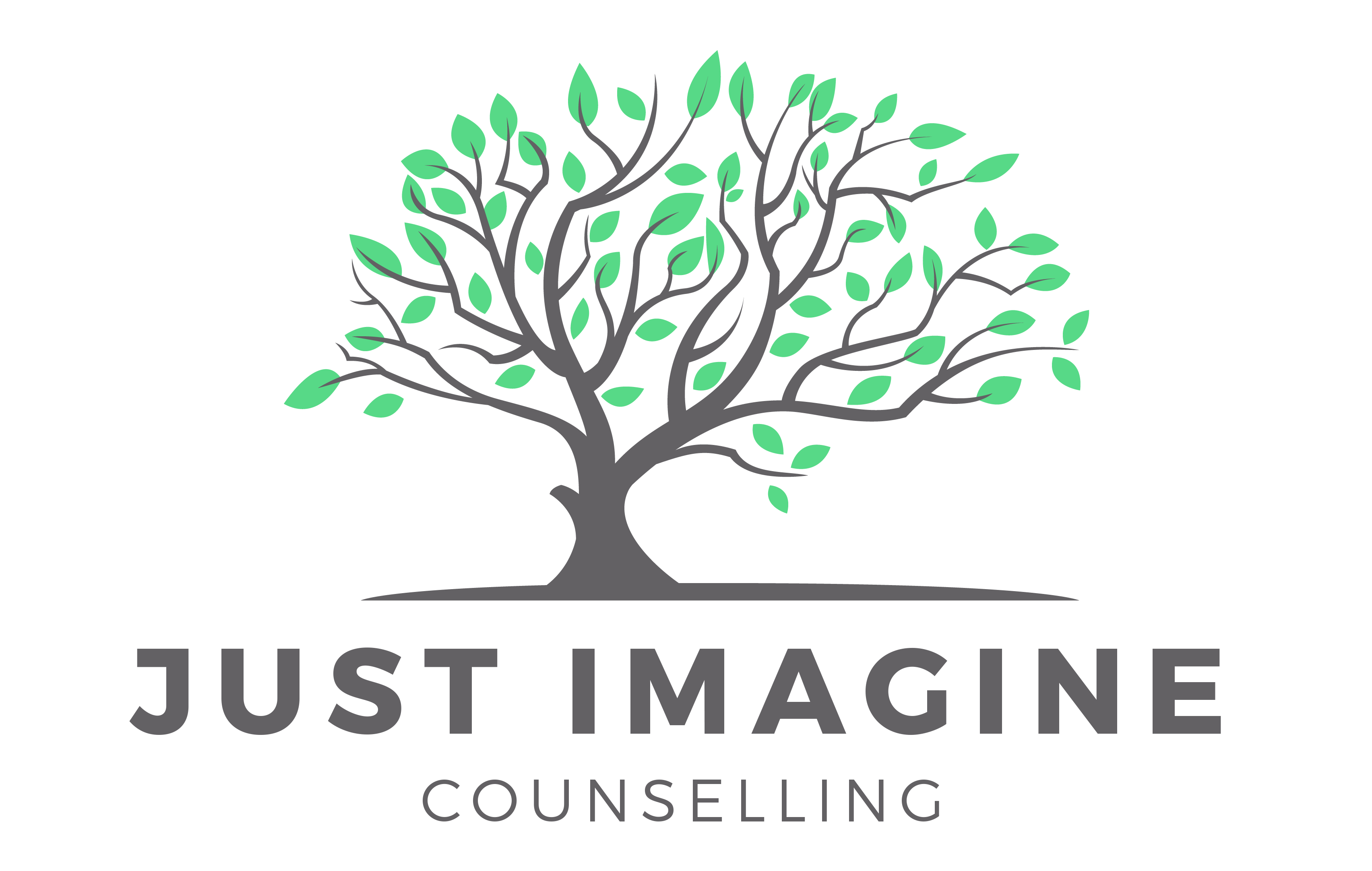Excessive drinking of alcohol can be problematic in relationships, causing harm, which could be emotional, physical, financial and sexual, as well as interfering with parenting. Relationship Counsellors often hear partners state that it seems like the joy, ethics and values of their partners have been dumped and consuming alcohol and engaging in associated activities has taken priority. The person they loved so much, is fading away, and they are left with someone who prioritizes alcohol over them, the family, the responsibilities of work life and their own health. They are subjected to mood swings, they find themselves walking on egg shells around their partners, there is a loss of connection and lack of desire to be with this person.
A common question partners ask – How can I help my partner?
Firstly – know that it is your partners’ responsibility to seek help themselves, and their decision whether they do so or not. However, if they choose to work on excessive drinking, they and you will benefit from you being a support.
Remember that harmful drinking impacts you and the family. Keep yourself safe, look after your own needs.
A conversation with the partner when they are sober, with the right timing may be helpful. Often though, the partner already knows there is a problem and they are feeling worthless, depressed and overwhelmed with the situation they are in, sometimes having feelings of suicide.
On the other hand, there are partners, where excessive drinking has become their ‘mate’, using alcohol to cope with stress, trauma and mental health problems. They are reluctant to consider that there is a problem with their alcohol consumption. And you may find yourself being blamed and rejected and subject to aggression. Having these conversations with your loved one would then be a source of fear for you, even subjecting you to a dangerous situation. Careful consideration whether to have this conversation with your partner is vital to keep all parties safe and connected.
Seeking support from a friend, family relative or Counsellor who is non-judgemental, knowledgeable, and supportive may be beneficial to start the change process, to help your loved one and yourself connect, to work together for a richer relationship without alcohol sabotaging it. Support may also include making decisions about your own future, what is best for you and your family.
Resources if you need immediate support-
ADIS – Alcohol and Drug Information Service 1800177833
1800 Respect 1800737732
Lifeline 131114
